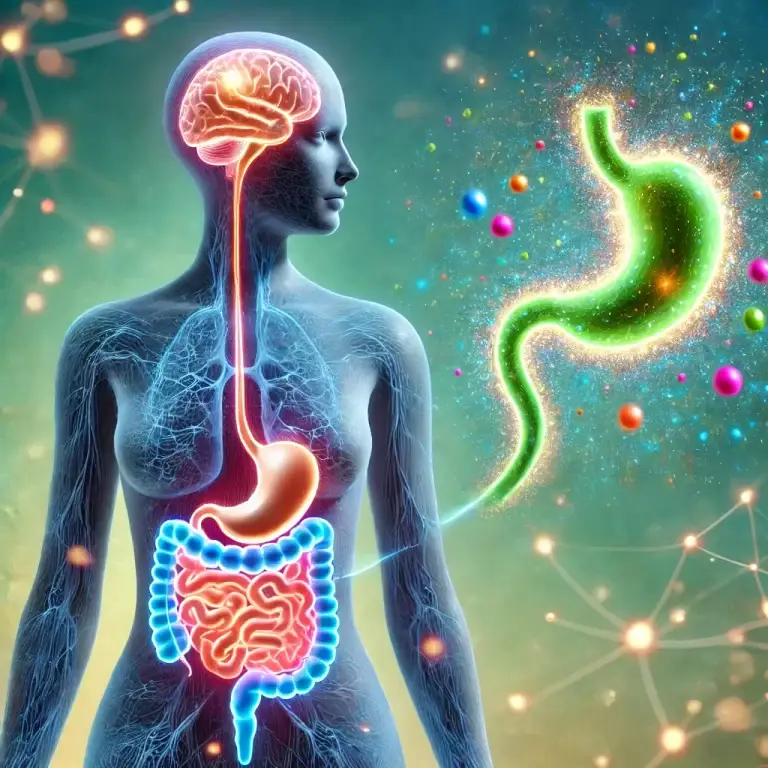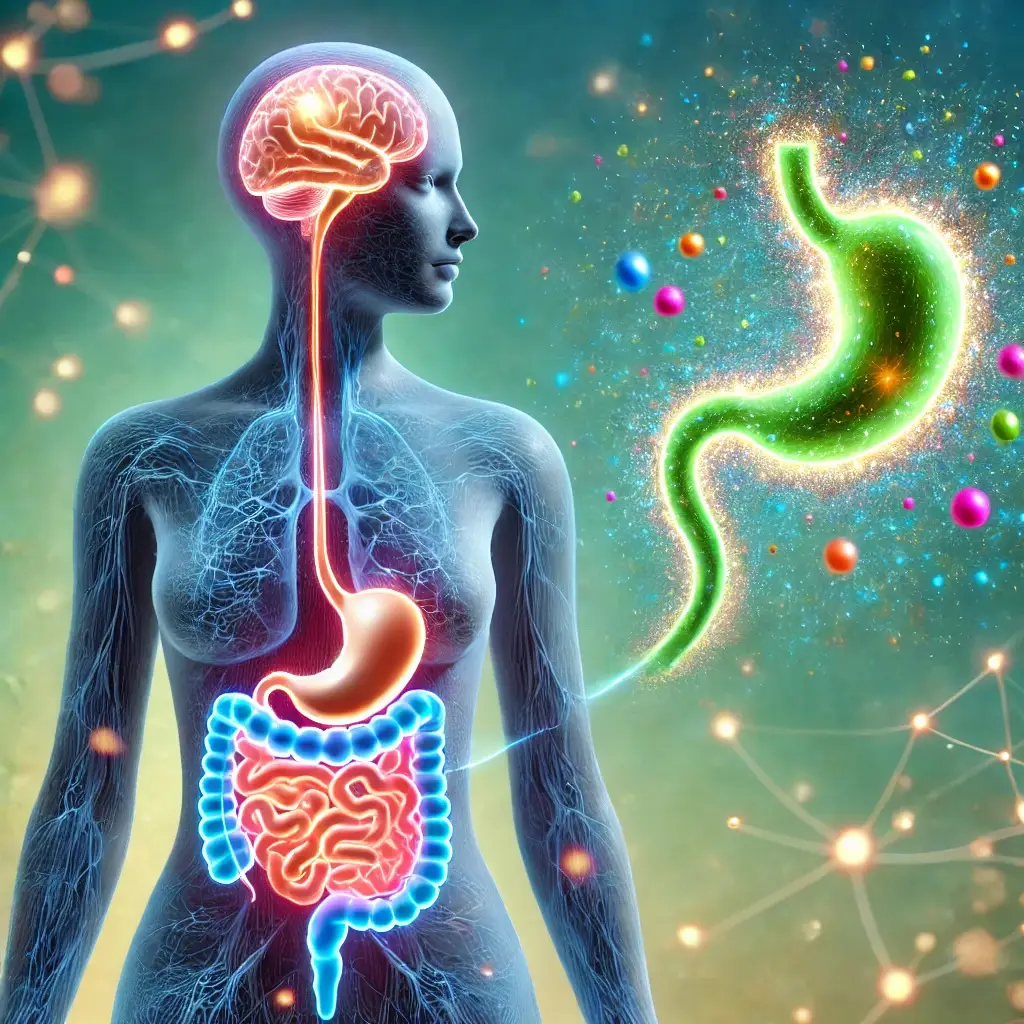The gut-brain axis is a powerful communication network linking the gut and the brain. This connection plays a vital role in our mental and physical health, especially for those navigating trauma, stress, IBS, or chronic health conditions. Understanding the gut-brain relationship opens the door to holistic healing and long-term wellbeing.
What Is the Gut-Brain Axis?
The gut-brain axis is a bi-directional communication system between the central nervous system (CNS) and the enteric nervous system (ENS)—often called the “second brain.” This link allows emotional, cognitive, and physiological messages to travel between the brain and the digestive system.
Key messengers include:
- The vagus nerve
- Hormones
- The gut microbiota—the trillions of microorganisms living in your gut
These elements work together to influence mood, digestion, immunity, and more.
Why Gut Health Matters for Mental Wellbeing
Research increasingly shows that gut health has a significant impact on:
- Mood and emotional regulation
- Immune function
- Chronic conditions like anxiety, depression, and irritable bowel syndrome (IBS)
Around 90% of serotonin, a key neurotransmitter for mood and sleep, is produced in the gut. An imbalanced microbiome can disrupt this process, contributing to both mental and physical health challenges.
The Gut-Brain Axis and Stress
Chronic stress disrupts communication along the gut-brain axis. When the body is in fight-or-flight mode, blood flow to the digestive system reduces, affecting digestion and nutrient absorption. Over time, this can lead to:
- Gut inflammation
- Impaired immunity
- Worsened mental health symptoms
How to Support the Gut-Brain Axis Naturally
Improving gut health can positively impact the nervous system—an essential step in trauma recovery and stress relief. Here are some gut-friendly strategies:
1. Low-FODMAP or Anti-Inflammatory Diets
These reduce gut irritation and are especially helpful for those with IBS or food sensitivities.
2. Probiotics and Prebiotics
Restore balance to gut bacteria. Consider:
- Kefir
- Sauerkraut
- Bananas
3. Stress Management
Practices like mindfulness, yoga, and EMDR therapy can regulate the nervous system and improve gut-brain function.
4. Herbal Support
Gentle herbs such as chamomile or fennel may soothe inflammation and support gut lining repair.
5. Movement
Gentle exercise, like walking, stimulates the vagus nerve, supporting digestion and calming the nervous system.
Integrating Gut-Brain Therapy in Trauma Work
For psychotherapists and coaches, the gut-brain connection offers an integrated approach to care. Pairing trauma-focused therapies like EMDR with nutritional and lifestyle support can enhance healing outcomes and support long-term resilience.
Final Thoughts
The gut-brain axis reminds us that our mental and physical health are deeply connected. Whether you’re healing from trauma, managing stress, or addressing gut issues, nurturing this relationship can lead to greater balance, vitality, and emotional strength.
These techniques are supportive practices and not a substitute for professional mental health treatment. If you are experiencing severe distress, please get in touch with a qualified mental health professional or emergency services.




